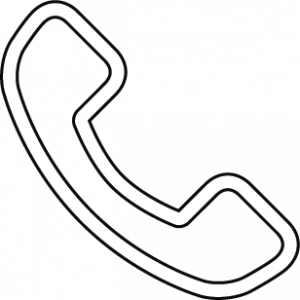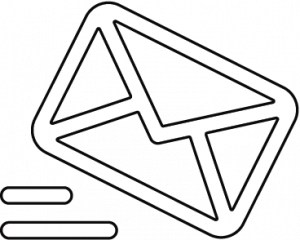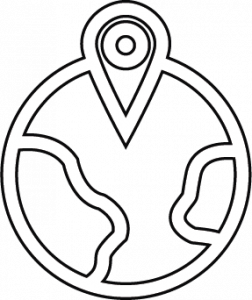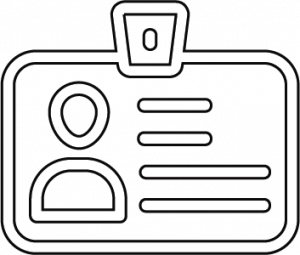Increase Hotel Bookings By Avoiding These Mistakes
On average, hotel website conversion rates (bookings per unique monthly visitor) are only two percent. That means that for every 100 people who come to your site to book a room, only two complete their purchase, while the other 98 leave to book a room elsewhere. How do you increase hotel bookings?
The best hotel websites are continuously testing their sites to determine what works, what doesn’t and how to fix it. By doing so, many have seen substantial increases in web visitors and in bookings. Although many factors determine conversion rates, we’ve identified 4 common mistakes that many hotel websites make that can adversely affect conversions and direct booking rates. Avoiding these will sure help increase hotel bookings.
When Looking to Increase Hotel Bookings, Here’s What You Should Avoid:
Mistake 1: Focusing only on price
Price is not the only motivating factor for travelers when they come to your hotel website. Users want to know quickly if you’re offering a package deal or special offer that’s relevant to their needs. They don’t want to spend time looking for the best deals or offers for them.
A CTA button can get your website visitors to take a desired action and book a room, but you also need to motivate them to act. How? By showing them persuasive offers or incentives. Providing an easy-to-find call to action (CTA) above the fold on your homepage that is located near the offer you’re showcasing will motivate them to take action and improve your conversion rates. If the only thing your visitor sees is a “BOOK NOW” CTA without any context or persuasive offer, you aren’t setting yourself apart from the hundreds of other hotel websites that are doing the exact same thing.

Diversify the offerings around your CTAs. Are you running a special for the holidays? Have something unique or time-sensitive to offer? Creating a sense of urgency and scarcity around the offer will incentivize users to act quickly to avoid missing out. This therefore, can help increase hotel bookings.
Mistake 2: Information Overload
If users can’t keep up with scrolling photos, music, too many buttons or pop-ups, bizarre navigation or boxes of text flying at them from every corner of the site, they may get frustrated and leave the site.
Unless the information they need to book a hotel room is clean, clear, focused and easily understood, you may be sending your guests to complete their reservation with your competition.
Having only the necessary information clearly displayed and easily found on your homepage improves search engine ratings. This drives more traffic and increases direct bookings. However, providing too much information that overwhelms, distracts, or confuses the user could have a negative impact on conversions and lead them out of your booking funnel.
Mistake 3: Outdated Content
If the typical hotel website only has eight seconds to capture a visitor’s attention, then the textual and visual content on your site must be up-to-date and visually compelling. The ability of your site to tell a story – visually and with copy – is key to increasing engagement and conversions. Content, including images and multimedia, should be targeted to your user personas, whether families, couples, retirees or business elite. The more data you have about your key market, the better you can engage your guests with personalized content. That said, most people don’t read long blocks of text, but instead scan for the most important information, such as rates, availability or promotions.
The design of your site is as important as content. Some marketers would say even more so. With more and more people booking reservations on their mobile devices, it’s also time to take a look at your website to ensure it’s intuitive and mobile-friendly. Are the photos professionally done to highlight the quality of your rooms and services? Do the navigation buttons feel clunky, or are there distracting flashes that keep visitors from making a reservation? Make sure your user experience is mobile friendly to capture those bookings even if the user switches devices. This will help increase hotel booking through mobile devices.
Mistake 4: Leaving Out Good Reviews
There’s no getting around the fact that people check ratings and reviews in the booking process. Nearly 70 percent of travelers will scour as many as 20 reviews before booking a hotel online. Another 49 percent won’t book a hotel if there are no reviews to check out. Reviews can generate trust and are one of the most vital aspects of any company’s online presence, most notably in the online travel industry.
There are a couple of things that you can do to boost positive online reviews and fix negative reviews:
- Provide great service.
- Don’t overpromise.
- Ensure that what your guests expect, your guests will get.
- Manage negative reviews and take action where improvement is needed.
- Proactively ask or incentivize guests to leave positive reviews.
Like reviews, hotels that connect with potential guests via social media can form lasting relationships. Visitors are more likely to book a hotel that is familiar. A robust social media presence can also showcase your brand, set you apart from your competition and provide you a voice to respond to comments, feedback and reviews in real-time.
Avoiding these four mistakes will sure increase hotel bookings. Make sure to check out our other blogs.







 Cookie configuration
Cookie configuration